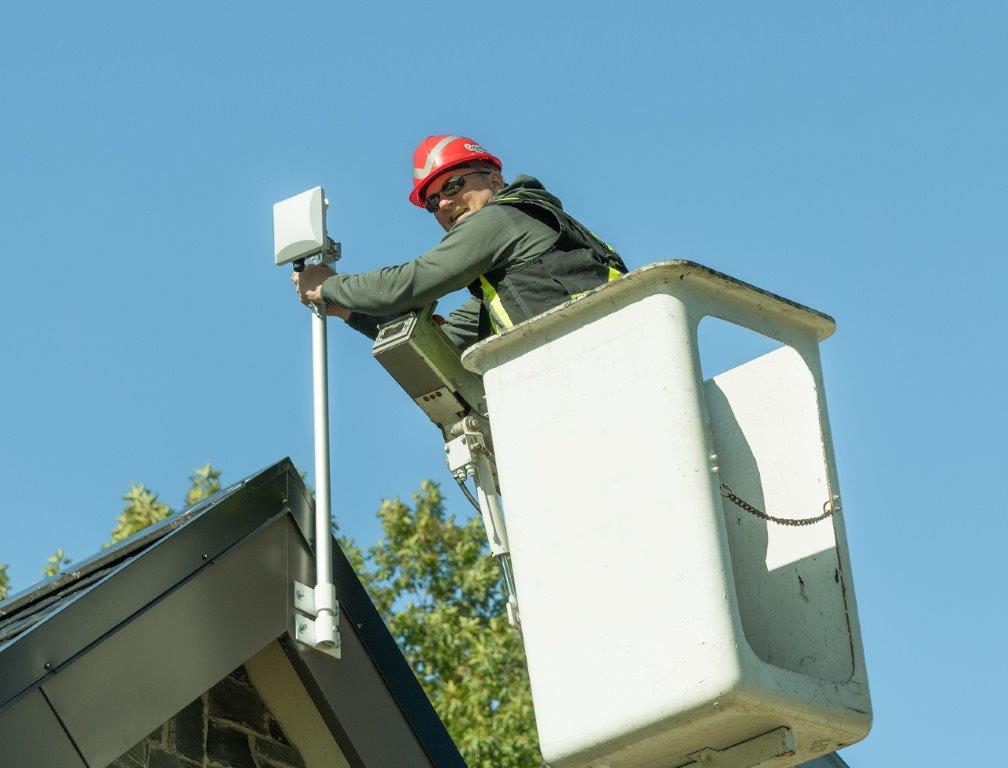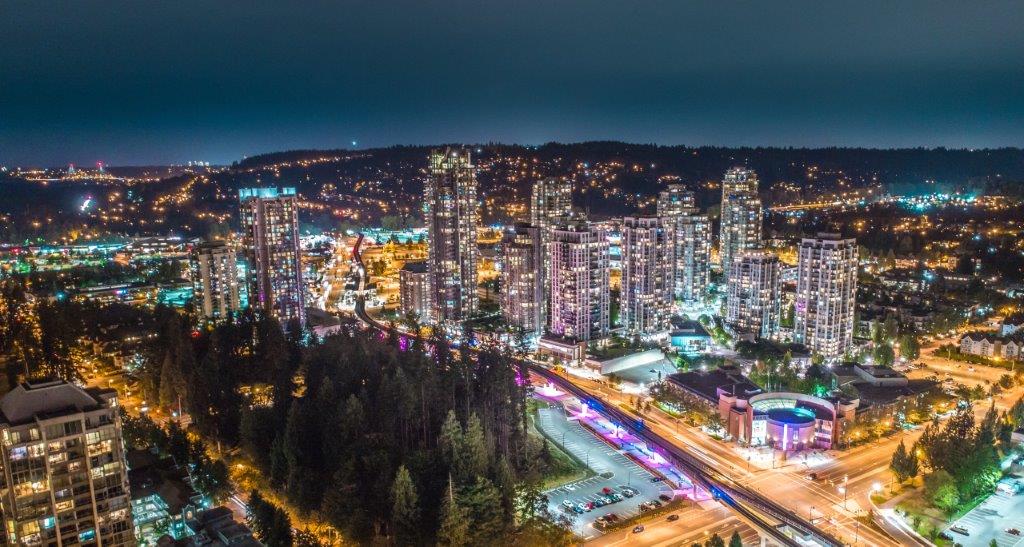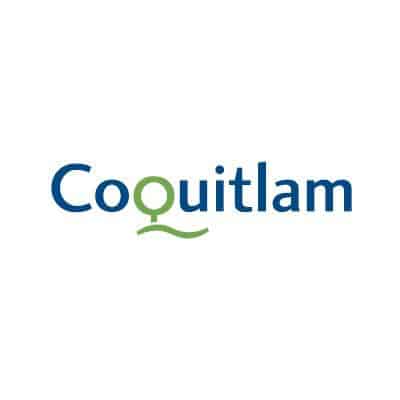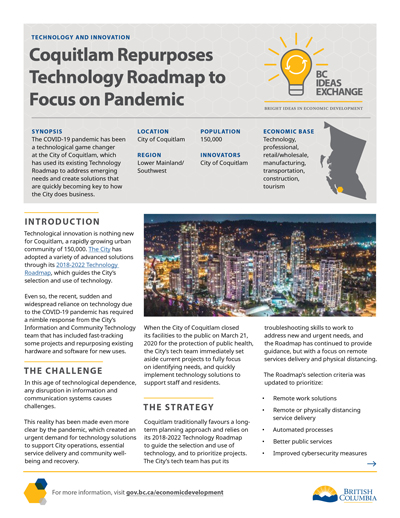Coquitlam Repurposes Technology Roadmap to Focus on Pandemic Resilience
Coquitlam
Technological innovation is nothing new for Coquitlam, a rapidly growing urban community of 150,000. The City has adopted a variety of advanced solutions through its 2018-2022 Technology Roadmap, which guides the City’s selection and use of technology. Even so, the recent, sudden and widespread reliance on technology due to the COVID-19 pandemic has required a nimble response from the City’s Information and Community Technology team that has included fast-tracking some projects and repurposing existing hardware and software for new uses.
The Challenge
In this age of technological dependence, any disruption in information and communication systems causes challenges. This reality has been made even more clear by the pandemic, which created an urgent demand for technology solutions to support City operations, essential service delivery and community well-being and recovery.
When the City of Coquitlam closed its facilities to the public on March 21, 2020 for the protection of public health, the City’s tech team immediately set aside current projects to fully focus on identifying needs, and quickly implement technology solutions to support staff and residents.

The Strategy
Coquitlam traditionally favours a long-term planning approach and relies on its 2018-2022 Technology Roadmap to guide the selection and use of technology, and to prioritize projects. The City’s tech team has put its troubleshooting skills to work to address new and urgent needs, and the Roadmap has continued to provide guidance, but with a focus on remote services delivery and physical distancing.
The Roadmap’s selection criteria was updated to prioritize:
- Remote work solutions
- Remote or physically distancing service delivery
- Automated processes
- Better public services
- Improved cybersecurity measures
“At the core of our City’s technological response to COVID-19 was the need to ensure our staff, residents, businesses and community remained connected,” said Danny Bandiera, Manager of Information Communications and Technology. “The existing and new digital solutions have been integral to supporting us through the pandemic.”
Working closely with departments across the organization, the tech team has rolled out dozens of digital solutions since mid-March, ranging from supporting staff both remotely and in new physically distant workspaces, to repurposing existing technology for communications and service delivery.
“It has been a test of not only our team but our five-year Technology Roadmap,” added Michelle Hunt, General Manager of Finance, Technology and Police. “Although we pivoted the Roadmap to focus on pandemic resilience, we’re still being guided by its successful methodology and best practices. Many of the tactics we’ve used were already laid out in the plan, but have been adapted or fast-tracked.”
Because of the time constraints, rapid testing of possible solutions is critical. In some cases, different but similar technologies have been better suited for certain uses over others. For example, virtual Council meetings and recreation programs are being offered via Zoom, while virtual building inspections are using Skype for Business.

Daily collaboration between tech team and their counterparts at other cities in the region has helped streamline the testing and selection process.
Many improvements will still be used long after the pandemic ends, as both the City and community are now used to the improved convenience and experience they offer.
Successes
Solutions introduced to date have included:
- Enabling 600 more staff to work from home, with proper guidelines and technology such as secure remote access and private communications;
- The introduction of video-conferencing software for Council meetings, public hearings, recreation programs and building inspections;
- A virtual Emergency Operations Centre using mobile, video-conferencing and cloud-based platforms;
- Adoption of electronic signature software for corporate and customer documents;
- Improvements to the 14 free public wi-fi locations that can be accessed through the CoquitlamConnect app, and planning for additional coverage;
- A new online support portal for businesses at www.letstalkcoquitlam.ca/business;
- Planning for a pilot project to bring low-cost high-speed internet options to more businesses; and
- Staff training and enhanced cybersecurity measures.

Lessons Learned
- Long-term planning is important, but don’t let it affect your ability to respond to changing needs. Be ready to adapt your plan when necessary.
- Rather than trying to develop or source a new solution, consider how you can use existing technology and systems in new ways to meet an immediate need.
- Triage is critical when overwhelmed with support requests. It’s important to prioritize early on for the organization to be is successful.
Want to learn more about ways your community can adopt tech solutions? Check out our webinar with Todd Pugh of CivicInfo BC, or read the story of how Revelstoke developed a tech strategy.
Population: 150,000
Region: Lower Mainland/Southwest
Economic Base: Technology, professional, retail/wholesale, manufacturing, transportation, construction, tourism
Contact information
Danny Bandiera
Manager Information Communications & Technology



